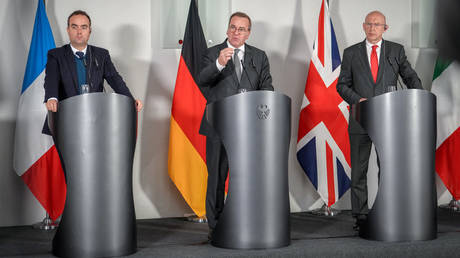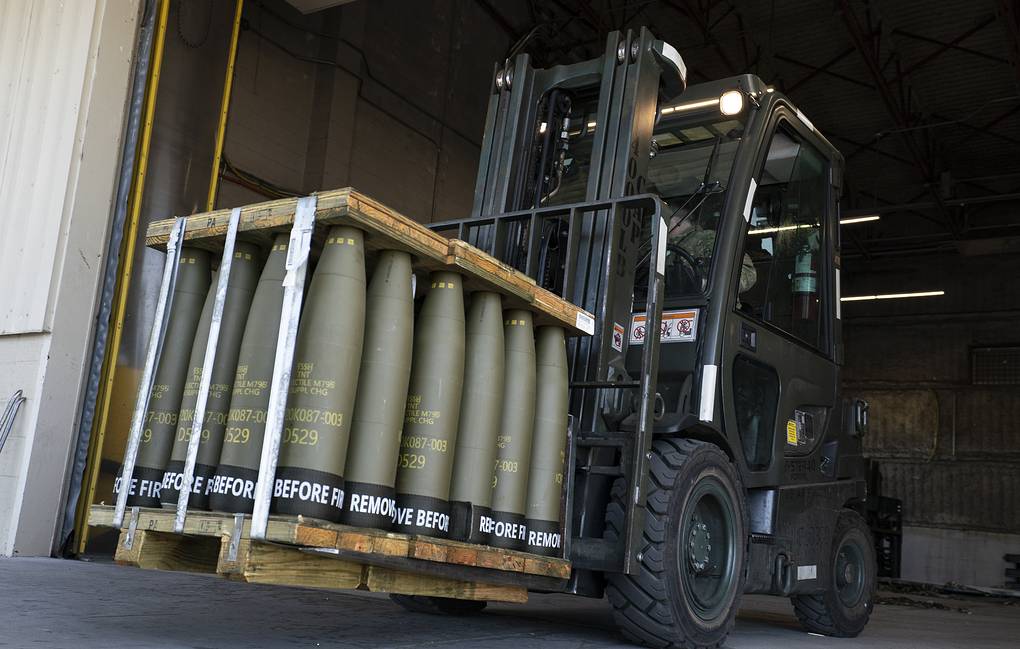ARTICLE AD BOX
President Joe Biden on Saturday pressed Israeli Prime Minister Benjamin Netanyahu to protect civilian lives in Gaza, the White House said, as the country's forces mounted fresh military strikes in the territory.
The conversation came a day after the UN Security Council passed a resolution demanding "safe and unhindered delivery of humanitarian assistance at scale," though it stopped short of calling for a ceasefire between Israel and Hamas militants.
"The President emphasized the critical need to protect the civilian population including those supporting the humanitarian aid operation, and the importance of allowing civilians to move safely away from areas of ongoing fighting," the White House said in a statement.
Biden told reporters at the White House earlier in the day that he had a "long talk" with Netanyahu, which he described as "a private conversation."
In response to a follow-up question, Biden said, "I did not ask for a ceasefire."
The White House statement said the two leaders discussed the "objectives and phasing" of Israel's military campaign as well as the importance of securing the release of all remaining hostages.
On October 7, Hamas streamed across the Gaza border and attacked southern Israeli communities, killing about 1,140 people, mostly civilians, according to an AFP tally based on official figures.
Israeli authorities say 129 of the hostages seized during the brazen attack remain in Gaza.
Israel responded with a blistering assault on Gaza that has killed at least 20,057 people, most of them women and children, according to the health ministry in the Hamas-run territory.
A truce last month saw the release of 105 hostages, including 80 Israelis freed in exchange for 240 Palestinians held in Israeli prisons.
Friday's much-delayed UN resolution came after days of diplomatic wrangling, and sidestepped a US veto only by avoiding a call for a ceasefire. Both the US and Russia abstained on the measure.
UN Secretary-General Antonio Guterres said a "humanitarian ceasefire" is the only way for aid "to be effectively delivered."
It ratchets pressure on Israel to allow greater humanitarian access and gives the United Nations a bigger role in coordinating the delivery of aid into Gaza.
The UN estimates the fighting has displaced 1.9 million of Gaza's 2.4 million population.
Israel's foreign minister said his country would "continue to screen all humanitarian aid to Gaza for security reasons."
(Except for the headline, this story has not been edited by NDTV staff and is published from a syndicated feed.)
.png)
 11 months ago
14
11 months ago
14








 English (US)
English (US)